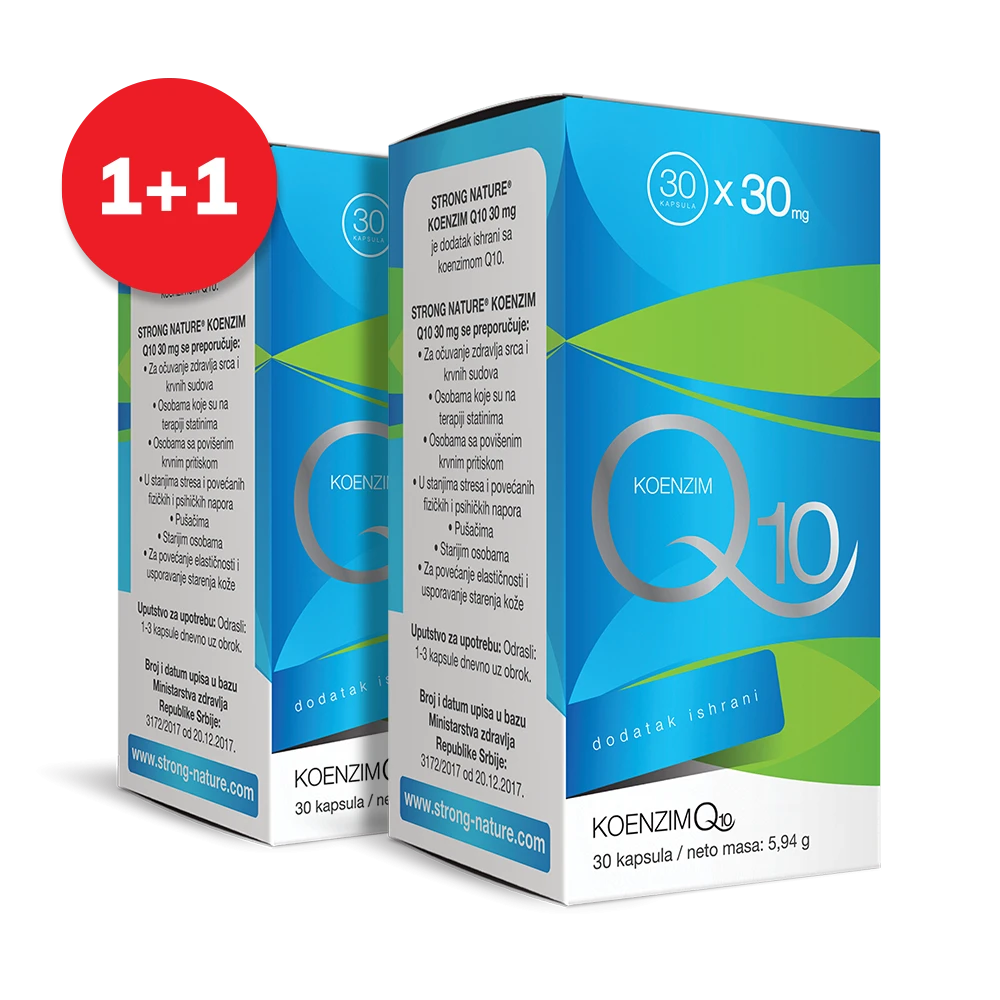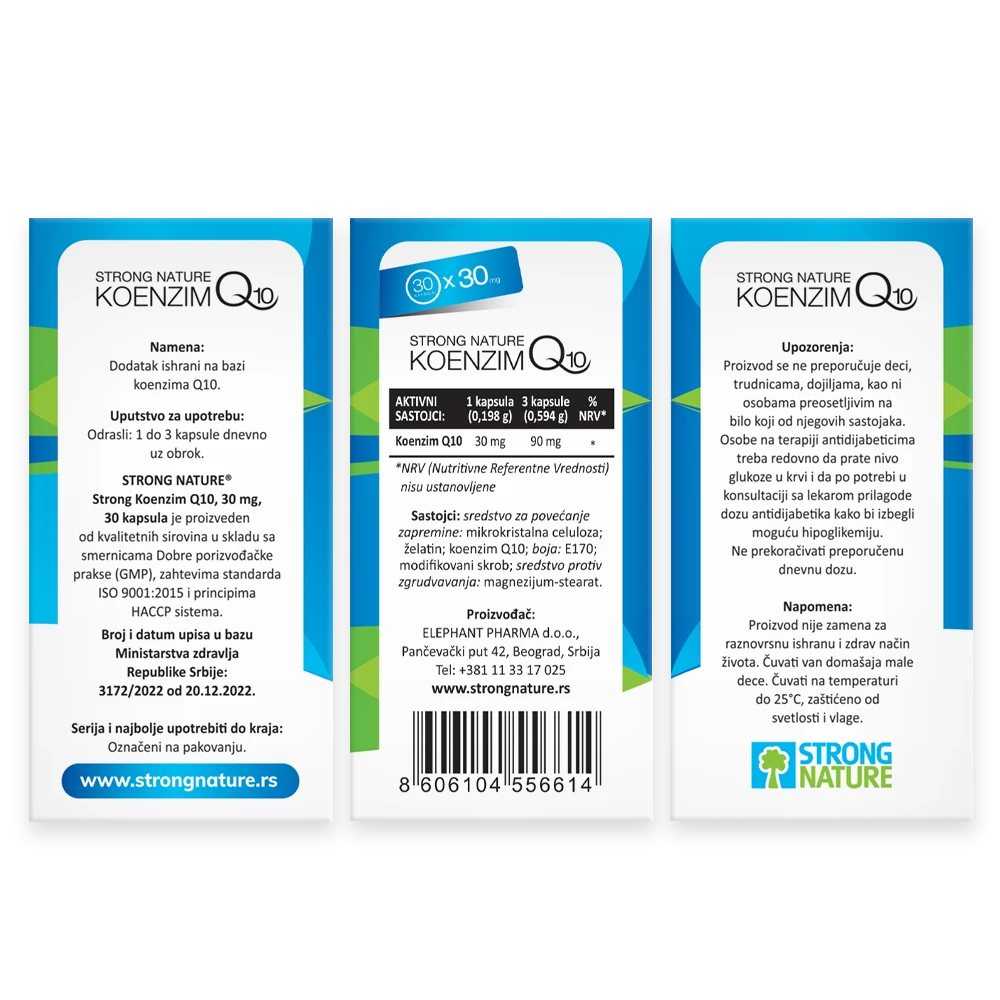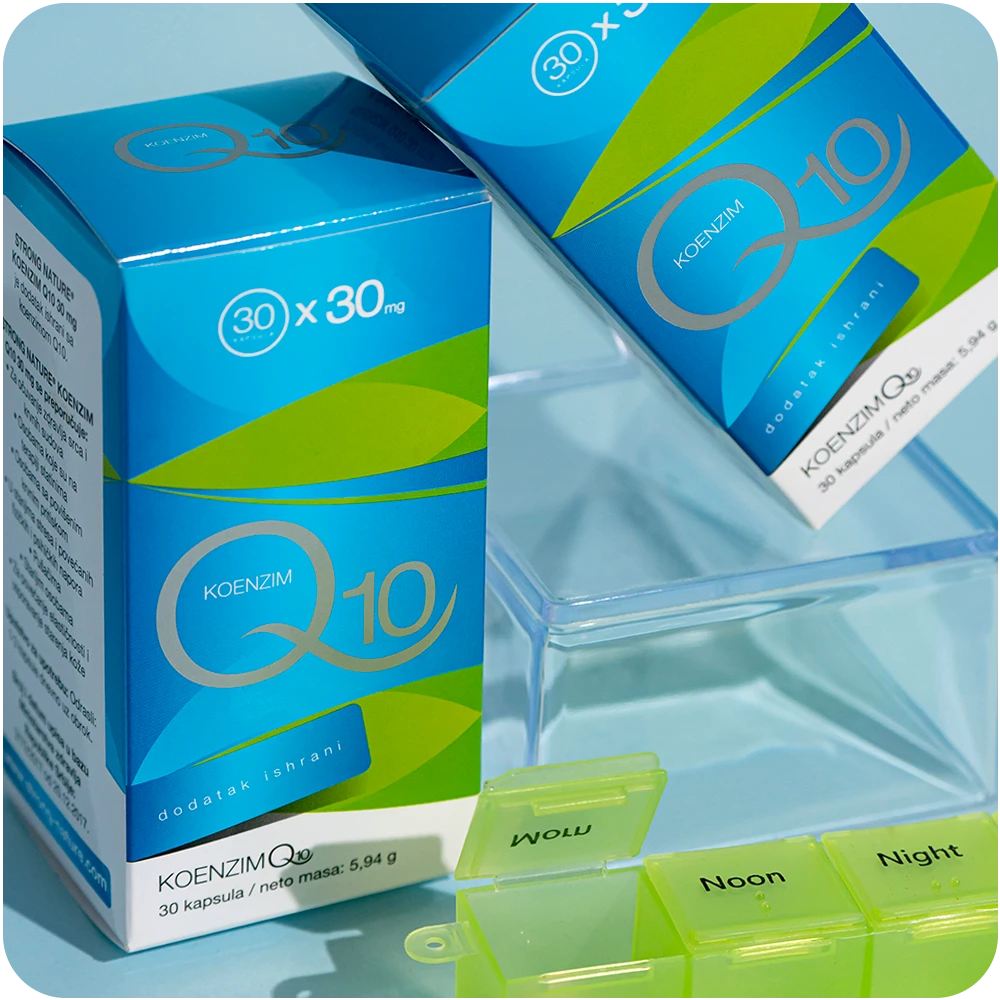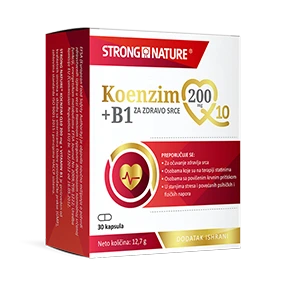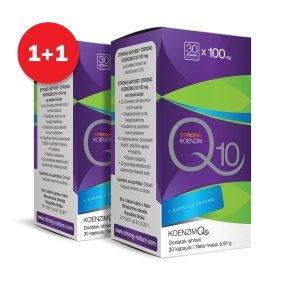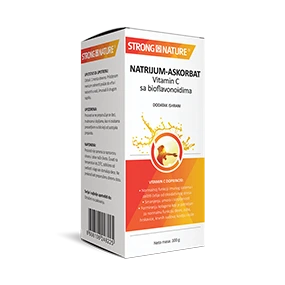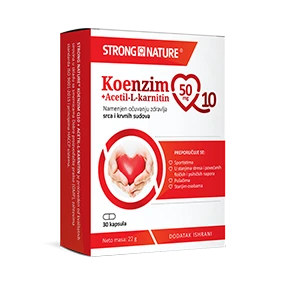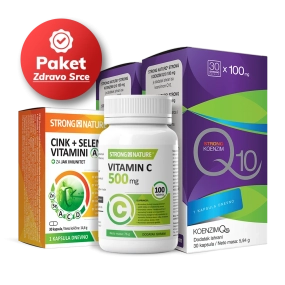Coenzyme Q10 (CoQ10) is found in every cell of our body and is an essential element in human energy metabolism. It is present in the mitochondria, the parts of cells that act as centers for energy production and its use in metabolic processes. CoQ10 is involved in the synthesis of adenosine triphosphate (ATP) – the compound that stores and transports energy within cells.
Coenzyme Q10 is one of the most commonly used supplements worldwide. Numerous studies have demonstrated the positive effects of CoQ10 supplementation in improving overall health. The highest concentrations of this coenzyme are reached around the age of 20, and then, as the body ages, the content of CoQ10 gradually decreases. With age, the body loses its ability to synthesize CoQ10, which is why it is important to supplement it through diet and supplementation. In individuals aged 40, the concentration of CoQ10 decreases by about 30%, and in individuals over the age of 60, it can be reduced by up to 80% compared to individuals aged 20. Coenzyme Q10 is crucial for the proper functioning of the cardiovascular system. It is necessary for the normal functioning of the heart and the health of blood vessels. Since the 1960s, CoQ10 has been used in Japan to treat heart diseases in individuals who have been found to have a deficiency of this coenzyme. At least a dozen experimental studies show the beneficial effects of CoQ10 on heart muscle function. Research indicates that CoQ10 has a positive effect on lowering blood triglyceride levels and reducing high blood pressure. In the prevention of LDL cholesterol oxidation, CoQ10 is considered more effective than vitamin E.
 English
English

